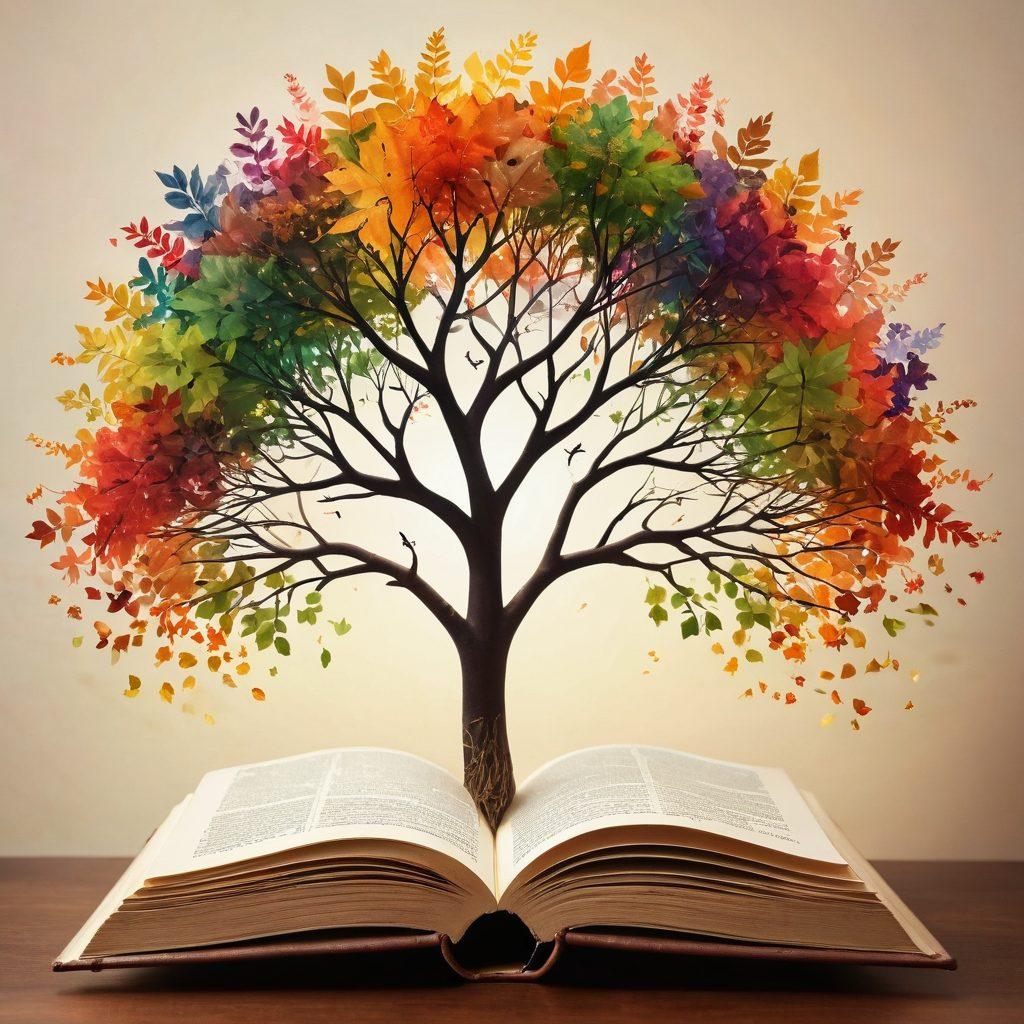Unlocking Language: A Comprehensive Guide to Glossaries, Etymology, and Colloquialisms
Have you ever stumbled upon a word that left you scratching your head, wondering about its origins or how to use it in a sentence? Language is a rich tapestry, woven with glossaries, etymology, and a medley of expressions that can transport us across time and culture. Our exploration into the power of glossaries and etymology uncovers linguistic treasures that can enhance our communication and deepen our understanding of the world around us. So, let’s take a journey into the fascinating realm of linguistics where every term has its own story to tell.
A glossary acts much like an encyclopedia for word usage, offering us a curated word list that defines terminology in a specific field. Whether you're a budding author, a language enthusiast, or a professional in need of precise jargon, a well-crafted glossary is your best friend. It’s not just about knowing what a word means, but also having access to context clues that help you understand how to employ it effectively in conversation. Imagine flipping through a phrasebook while traveling; each term you decipher opens a door to new interactions, rich experiences, and deeper connections with others.
Etymology, on the other hand, dives even deeper. Have you ever pondered where the word 'etymology' itself comes from? Rooted in the Greek word 'etymon' meaning ‘true sense’, etymology uncovers the semantic layers of our vocabulary. Take the word 'nice', for example; it originally meant 'ignorant' in the 14th century! Isn’t it intriguing how meanings evolve over time? Each discovery of a word’s origin can reveal societal changes, cultural shifts, and shared history, making language a mirror reflecting humanity’s journey. Wouldn’t you agree that understanding these nuances enriches our conversations?
Moreover, exploring colloquialisms and idioms enhances our language toolkit. These phrases not only add color to our speech but also provide insight into the culture they stem from. For instance, if someone says, 'it’s raining cats and dogs', they don’t image a shower of pets falling from the sky. Instead, this idiom conveys the idea of a heavy downpour! Our ability to grasp these expressions hinges on familiarity with the language they belong to, and that’s where our trusty glossary comes into play once again. You can transform your understanding of a language by studying common lingo and how sentence structure can shift meanings dramatically depending on context.
Ultimately, enhancing your language skills isn’t just about expanding your vocabulary; it’s about embracing the journey of learning. You might consider starting a personal glossary of terms you come across, writing down their definitions, phonetic pronunciations, and etymological backstories. Pair it with regular practice of using new expressions in daily conversations — soon, you’ll find yourself navigating linguistic waters with increased confidence! So why not make this an inviting garden of knowledge? You’re not just adding words to your vocabulary; you're harnessing the power of language, unveiling the linguistic treasures that lie within its vast ocean.
From Words to Wisdom: Exploring Colloquialisms and Semantic Contexts
Language is a living, breathing entity, constantly morphing with the times and experiences of those who wield it. Each word carries with it a history, a connotation, and a connection that transcends its mere definition. When we delve into the world of colloquialisms, we're not just exploring quirky expressions and jargon; we're venturing into the very heart of how language evolves within different cultures and communities. So, what are these colloquialisms, and how do they enrich our understanding of language as a whole? Let’s find out together!
Imagine sitting in a coffee shop and overhearing a couple of friends bantering with phrases like "raining cats and dogs" or "throwing in the towel." These idioms are more than just funny expressions; they reflect a tapestry of cultural insights and historical contexts. As you encounter these colloquial phrases in your everyday life, you might find that they serve as a lens through which you can understand the underlying semantics—the meanings shaped by context clues. Not every term you come across will have a straightforward explanation, but that's what makes exploring the nuances of language so fascinating!
For those interested in linguistics, building a word list enriched with various colloquialisms is akin to creating a mini encyclopedia of your own language references. This phrasebook will not only enhance your vocabulary, but it can also provide context for your word usage, allowing for richer and more engaging interactions in both written and spoken communication. As you curate your glossary, consider weaving together expressions from different regions, cultural exchanges, and even personal anecdotes to make your language journey more relatable and vibrant.
Have you ever stopped to think about the etymology of a word? Where it came from and how its meaning has changed over time? Delving into word origins can reveal surprising layers of significance—such as how “hodgepodge” reflects a delightful mixture, much like the diverse dynamics of conversations today. Each word you uncover adds to your arsenal of linguistic expressions and enhances your understanding of sentence structure. You'll find yourself not only expressing ideas but also conjuring emotions and connections that resonate deeply with the receiver. This power lies in the art of communication, enabled beautifully through the exploration of etymology and the multifaceted nature of colloquialisms.
As we wrap up this exploration into colloquialisms and semantic contexts, it’s essential to remember that language is our most powerful tool. It shapes perceptions, influences thoughts, and connects us across barriers. So the next time you hear someone use an intriguing idiom or when you stumble upon a perplexing colloquialism, pause and reflect on its story and significance. By doing so, you’ll tap into the vast ocean of language that not only helps us articulate our thoughts but also leads us to wisdom. After all, isn't that what we all seek—an understanding that transcends words and brings us closer to one another?
Mastering Language: A Deep Dive into Terminology and Expression Variations
Imagine walking through the vibrant streets of a foreign city, where every turn and alley whispers secrets wrapped in the local language. You hear phrases, idioms, and expressions tumbling from the lips of locals, but each word dances just outside your reach. The mastery of language is more than just understanding vocabulary; it’s about diving deep into terminologies, wrestling with nuances, and embracing the rich tapestry that forms our conversations. If you've ever yearned to hold a conversation without a hitch, understanding glossaries and the journey behind word origins can unlock that door. Let's embark on a thrilling exploration of language, where each term has a story worth telling!
Language is a complex organism, animated by the lifeblood of its speakers. At its core, the mastery of language is about comprehending terminologies—those intricate jargon and specialized lingo that elevate everyday exchanges into eloquent expressions. A robust glossary can act as a bridge to this understanding. Think of a glossary as your personal guidebook, detailing a word list that not only defines terms but also places them within the right context. So ask yourself: how well do you know your word usage? Can you decipher the intricate layers hidden beneath a simple phrase?
Consider the notion of etymology, which is the study of word origins. It’s more than just trivia; it’s the root of linguistic fascination. Delving into etymology not only expands your vocabulary but also enhances your appreciation for nuances. Did you know that the word ‘quarantine’ traces back to the Italian 'quaranta giorni', meaning forty days? Such historical insights provide context clues for understanding modern usage. Reflect on this: how often do we underestimate the power of context? A phrasebook can serve as an excellent tool when traversing new linguistic landscapes; it offers explication and explanation for the curious traveler.
While glossaries and terminology are crucial in mastering language, we must not forget the delightful quirks of colloquialisms. Every locale boasts unique expressions and idioms—those gems of conversational lingo that might elude a formal dictionary. Ever heard someone say they’re 'under the weather'? It’s a simple expression that reveals more than just a mild illness; it beckons familiarity with the cultural fabric surrounding language. Engaging with colloquialisms allows us to navigate the social aspects of communication, illuminating sentence structures that might vary wildly from standard grammar. Why not explore these expressions further? You might just find a new favorite expression to sprinkle into your dialogue!
As we wrap up this deep dive into language mastery, it’s essential to remember that languages are living entities, changing and adapting with each generation. Each conversation we engage in is replete with opportunities for learning—be it through conjugation, pronunciation, or simply the act of exchanging thoughts. So, let us embrace the continuous journey of linguistic discovery. Perhaps it’s time to create your personalized encyclopedia of words—an extensive glossary compiling phrases and their meanings, nuances, and origins. Dive into the fascinating realm of linguistics, and you’ll discover that every term reveals a world of its own, waiting patiently to be unlocked. What will you explore next?


